Are you considering adding a Kuchi breed dog to your family? If so, you have chosen a loyal and protective companion. Originating from Afghanistan, the Kuchi breed is known for its strong and independent personality. They were originally bred for herding and protecting livestock, making them well-suited for guarding your home and family. However, before making the commitment to bring a Kuchi into your home, it is important to understand their unique traits and needs. In this guide, we will explore everything you need to know about the Kuchi breed, from their temperament to their exercise requirements.
Breed Category: Working
Country of Origin: Afghanistan
Average Size:60-70 cm
Average Weight:25-35 kg
Average Life Span: 10-12 years
Grooming Requirements: Moderate
Exercise Requirements:High
History and Origin
The Kuchi people are a nomadic tribe that has been living in Afghanistan for centuries. They are known for their unique culture, traditions, and way of life. The word “Kuchi” means “nomad” in the Pashto language, which is the language spoken by the majority of the Kuchi people. The history and origin of the Kuchi people are fascinating and provide insight into the rich cultural heritage of Afghanistan.
The Kuchi people are believed to have originated from the ancient Persian Empire, which was located in present-day Iran. They migrated to Afghanistan in the 18th century and settled in the eastern and southern regions of the country. The Kuchi people are primarily Pashtuns, but there are also some Baloch and Turkmen tribes among them. They are Sunni Muslims and follow the Hanafi school of Islamic jurisprudence.
The Kuchi people are known for their nomadic lifestyle, which involves moving from one place to another in search of grazing land for their livestock. They travel with their families, tents, and herds of sheep, goats, and camels. The Kuchi people have a deep connection with their animals and treat them with great care and respect. They use their wool, milk, and meat for food, clothing, and trade.
The Kuchi people have a rich cultural heritage that is reflected in their music, dance, and art. They have a unique style of music called “Attan,” which is a traditional dance performed by men and women. The Kuchi people also have a tradition of storytelling, which is passed down from generation to generation. They use colorful embroidery and beadwork to decorate their clothing and tents.
The Kuchi people have faced many challenges over the years, including war, drought, and displacement. The ongoing conflict in Afghanistan has forced many Kuchi families to abandon their nomadic lifestyle and settle in urban areas. This has led to a loss of traditional knowledge and cultural practices. However, the Kuchi people continue to maintain their identity and traditions, despite the challenges they face.
In conclusion, the history and origin of the Kuchi people are a testament to the resilience and adaptability of human beings. The Kuchi people have survived for centuries in a harsh and unforgiving environment, relying on their ingenuity and resourcefulness to overcome the challenges they face. Their unique culture and way of
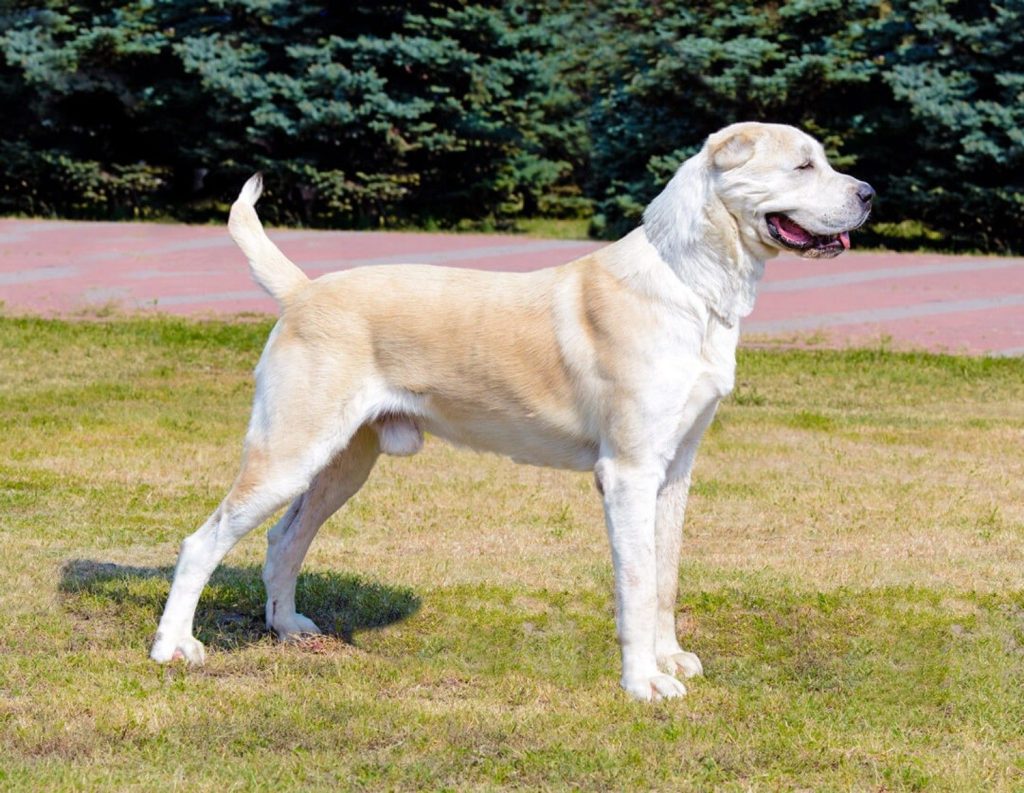
Size and Breed Category
The Kuchi is a large breed of dog that originated in Afghanistan. They are known for their impressive size and muscular build, with males typically weighing between 60-80kg and standing at 71-86cm tall at the shoulder. Females are slightly smaller, weighing between 40-60kg and standing at 61-76cm tall. Their coat is thick and long, with a range of colours including black, white, cream, and brown. The Kuchi is a working breed, traditionally used by nomadic tribes for guarding livestock and protecting their families. They are known for their loyalty and protective nature, making them excellent guard dogs.
The Kuchi is classified as a sighthound, which means they have a strong prey drive and are capable of running at high speeds. They have a long, narrow head and a deep chest, which allows them to take in large amounts of air while running. Despite their size, they are agile and graceful, with a fluid gait. The Kuchi is a rare breed outside of their native Afghanistan, but they are gaining popularity in other parts of the world as a companion and working dog. They require a lot of exercise and mental stimulation, and are best suited to experienced dog owners who can provide them with the training and socialisation they need to thrive.
Fur Length and Colour
The fur of the Kuchi is typically long and thick, providing ample protection against the harsh weather conditions of its native region. The fur is soft to the touch and has a slight wave to it, giving the Kuchi a somewhat unkempt appearance. The fur is predominantly white or cream in colour, with occasional patches of light brown or grey. The underbelly of the Kuchi is usually a lighter shade than the rest of its body, and the fur around its neck and shoulders is often longer and more voluminous than the rest of its coat. Overall, the fur of the Kuchi is a defining characteristic of the breed, providing both practical and aesthetic benefits.
In addition to its long, thick fur, the Kuchi is known for its striking colouration. The white or cream base colour of its fur is often accented by patches of light brown or grey, which can be found on its back, legs, and face. These patches are irregular in shape and size, giving each Kuchi a unique and distinctive appearance. Some Kuchis may have more pronounced markings than others, with larger patches of colour or more contrast between the base colour and the patches. Despite these variations, the overall effect is one of beauty and elegance, making the Kuchi a highly sought-after breed among dog lovers.
Termperament and Trainability
Kuchi dogs are known for their high energy levels and independent nature. They are a breed that requires a lot of exercise and mental stimulation to keep them happy and healthy. Kuchis are also known for their loyalty and protective instincts towards their family. They can be wary of strangers and may require early socialization to prevent any aggressive behavior. Kuchis are intelligent dogs, but they can be stubborn and difficult to train. They require a firm and consistent approach to training, and positive reinforcement methods work best. Kuchis are not recommended for first-time dog owners or those who are not experienced with training strong-willed breeds.
Kuchis have a strong prey drive and may not be suitable for homes with small pets. They were originally bred as working dogs and have a strong instinct to roam and explore. Kuchis are not recommended for apartment living and require a large, secure yard to run and play in. They are a breed that thrives on human companionship and may become destructive if left alone for long periods of time. Kuchis are generally healthy dogs, but they may be prone to certain health issues such as hip dysplasia and eye problems. Regular veterinary check-ups and a healthy diet are important for maintaining their overall health and well-being.

Known Health Conditions
Kuchi people are a nomadic group that primarily reside in Afghanistan. Due to their lifestyle, they are exposed to various health conditions that are unique to their culture. One of the most common health issues among the Kuchi is malnutrition. This is due to their limited access to food and water, as well as their reliance on livestock for sustenance. Malnutrition can lead to stunted growth, weakened immune systems, and other health complications. Additionally, the lack of access to healthcare facilities and medical professionals exacerbates the problem.
Another health condition that affects the Kuchi is respiratory infections. This is due to their exposure to dust and smoke from cooking fires and animal herds. The Kuchi also live in harsh environments with extreme temperatures, which can lead to respiratory issues such as bronchitis and pneumonia. Furthermore, the lack of proper sanitation facilities and clean water sources increases the risk of contracting waterborne diseases such as cholera and dysentery. These health conditions can be life-threatening, especially for young children and the elderly.
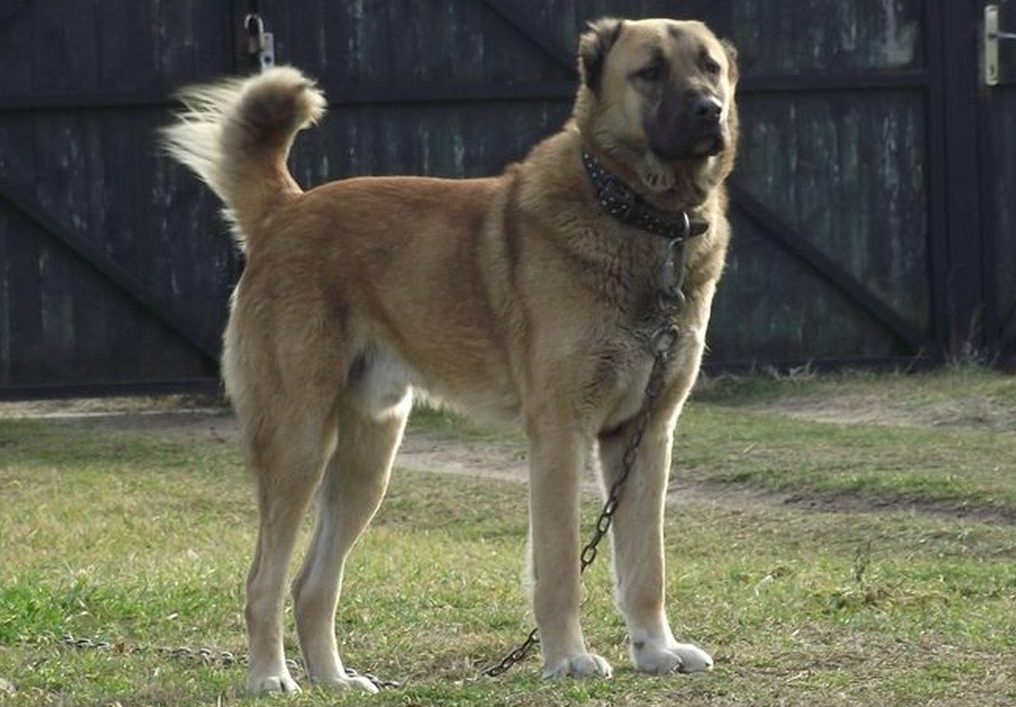
Openness to Strangers
Kuchi dogs are known for their friendly and welcoming nature towards strangers. They are a breed that is always eager to make new friends and are not afraid to approach people they have never met before. Their open and sociable personality makes them a popular choice for families looking for a loyal and affectionate pet. Kuchi dogs are also known for their intelligence and adaptability, which makes them easy to train and well-suited to a variety of living situations. Whether they are living in a busy city or a quiet rural area, Kuchi dogs are always happy to meet new people and explore new surroundings.
Despite their friendly nature, Kuchi dogs are also known for their protective instincts. They are fiercely loyal to their owners and will do whatever it takes to keep them safe. This makes them an excellent choice for families with children or those who live in areas with high crime rates. Kuchi dogs are also known for their courage and bravery, which makes them well-suited to jobs such as search and rescue or police work. Despite their protective instincts, Kuchi dogs are never aggressive towards strangers and are always happy to make new friends. Their friendly and outgoing nature makes them a beloved breed among dog lovers around the world.
Playfulness Level
The Kuchi is a highly energetic and playful dog that loves to run and play. They are known for their love of outdoor activities and are often used as working dogs in Afghanistan. Their playful nature makes them great companions for families with children, as they are always up for a game of fetch or a run around the park. The Kuchi’s playful personality also makes them great candidates for agility training, as they are quick learners and love to show off their skills.
Despite their playful nature, the Kuchi is also a fiercely loyal and protective breed. They are known for their bravery and are often used as guard dogs in their native Afghanistan. Their protective instincts make them great watchdogs, as they will bark to alert their owners of any potential danger. However, with proper training and socialization, the Kuchi can also be a friendly and affectionate companion. Overall, the Kuchi’s playful and protective nature make them a unique and beloved breed among dog enthusiasts.
Suitability as a Pet for Children
Kuchi dogs have a friendly and loyal temperament, making them a suitable pet for children. They are known for their high energy levels and love to play, which can make them great companions for active kids. Kuchis are also intelligent and easy to train, which can be beneficial for families with young children who are learning how to care for a pet. Additionally, their short coat requires minimal grooming, making them a low-maintenance option for families with busy schedules.

Exercise Needs
Kuchi dogs are highly active and require a significant amount of exercise to maintain their physical and mental health. These dogs are known for their high energy levels and love for outdoor activities. They need at least 60 minutes of exercise every day, which can be in the form of brisk walks, runs, or playtime in a fenced yard. Kuchi dogs also enjoy participating in agility training, obedience classes, and other activities that challenge their minds and bodies. It is important to note that Kuchi dogs have a strong prey drive and should always be kept on a leash or in a secure area to prevent them from chasing after small animals.
In addition to physical exercise, Kuchi dogs also require mental stimulation to prevent boredom and destructive behavior. These dogs are intelligent and enjoy learning new things, so training sessions and interactive toys can be beneficial for their overall well-being. Kuchi dogs thrive in environments where they have a job to do, such as herding or guarding livestock. However, it is important to provide them with plenty of socialization and positive reinforcement to prevent them from becoming overly protective or aggressive. Overall, Kuchi dogs are active and intelligent companions that require a lot of attention and exercise to live happy and healthy lives.
Suitability for a Multi-Pet Family
Kuchi dogs have been known to coexist peacefully with other pets in the household. They are generally friendly and sociable, and with proper socialization and training, they can get along well with other animals. However, as with any breed, individual temperament and personality can vary, and some Kuchis may not be as tolerant of other pets. It is important to introduce them to other animals slowly and carefully, and to supervise their interactions until you are confident that they can be trusted together.
Housing Requirements
Kuchi dogs are a nomadic breed that originated in Afghanistan. They are known for their loyalty and protective nature, making them ideal for guarding livestock and property. Due to their nomadic lifestyle, Kuchi dogs require a spacious living environment that allows them to roam freely. A large, fenced yard or open land is necessary for them to exercise and explore. They also require a shelter that protects them from harsh weather conditions, such as extreme heat or cold. The shelter should be well-ventilated and provide adequate insulation to keep the dogs warm during the winter months. Additionally, Kuchi dogs require a diet that is high in protein and fat to maintain their energy levels and overall health.
Kuchi dogs are social animals that thrive on human interaction. They require regular exercise and mental stimulation to prevent boredom and destructive behavior. Daily walks and playtime are essential for their physical and mental well-being. Kuchi dogs also require regular grooming to maintain their thick, double coat. Brushing their coat at least once a week helps to prevent matting and tangling. Additionally, Kuchi dogs require regular veterinary check-ups to ensure they are healthy and up-to-date on vaccinations. Proper care and attention are necessary to ensure that Kuchi dogs live long, healthy lives.
Summary
Kuchi dogs have been traditionally used as working dogs in Afghanistan, primarily for herding and guarding livestock. However, their suitability as pets in the UK may be questionable due to their high energy levels and need for regular exercise. Additionally, their independent nature and strong guarding instincts may make them difficult to train and socialize. It is important for potential owners to thoroughly research and understand the breed’s temperament and needs before considering a Kuchi as a pet.
Kuchi Dog FAQS
Kuchis can be stubborn and independent, making them challenging to train. Consistent and patient training is necessary.
Yes, Kuchis have a protective nature and can make good guard dogs.
Kuchis can be good with children if they are socialized properly and trained to be gentle.
Kuchis are not well-suited for apartment living as they require a lot of space and exercise. A house with a yard is ideal.
Kuchis are generally healthy, but they can be prone to hip dysplasia and eye problems. Regular vet check-ups are recommended.
Yes, Kuchis are active dogs and require daily exercise, such as long walks or runs.
Yes, Kuchis have a thick coat and shed heavily twice a year. Regular grooming is necessary to manage their shedding.
Kuchis can grow up to 70 cm (27.5 inches) in height and weigh up to 35 kg (77 lbs).
Kuchis have a lifespan of 10-12 years on average.
Kuchi is a breed of dog that originated in Afghanistan.
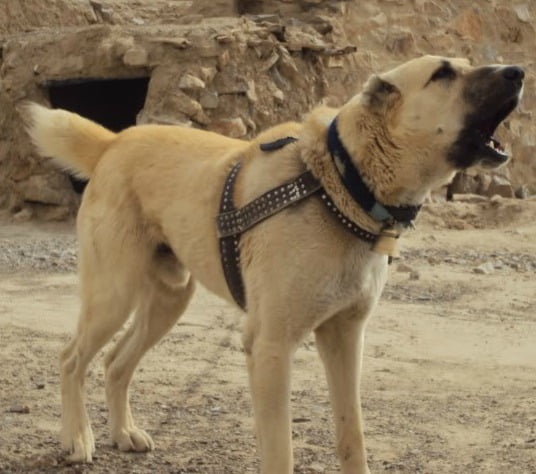
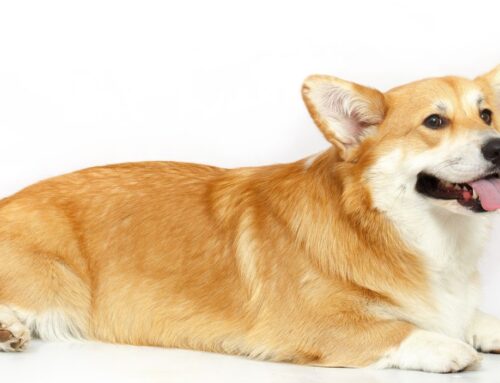
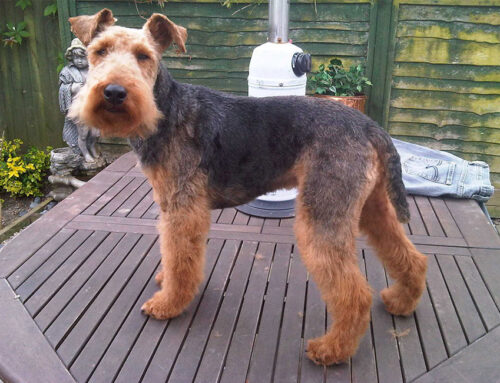

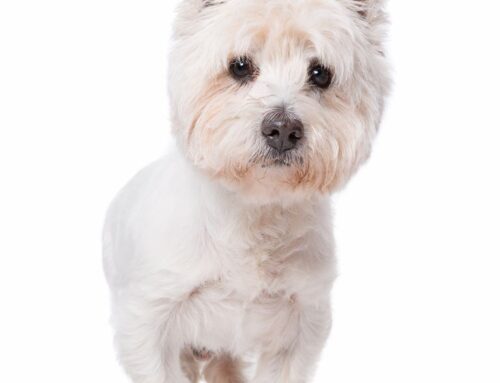
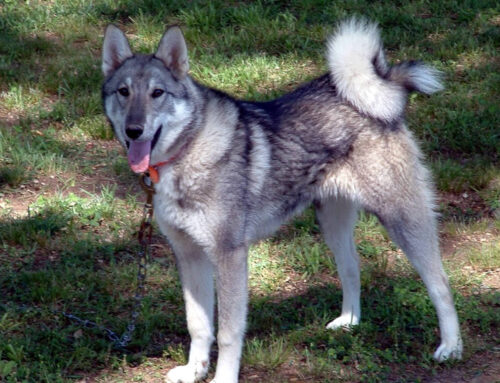
Leave A Comment